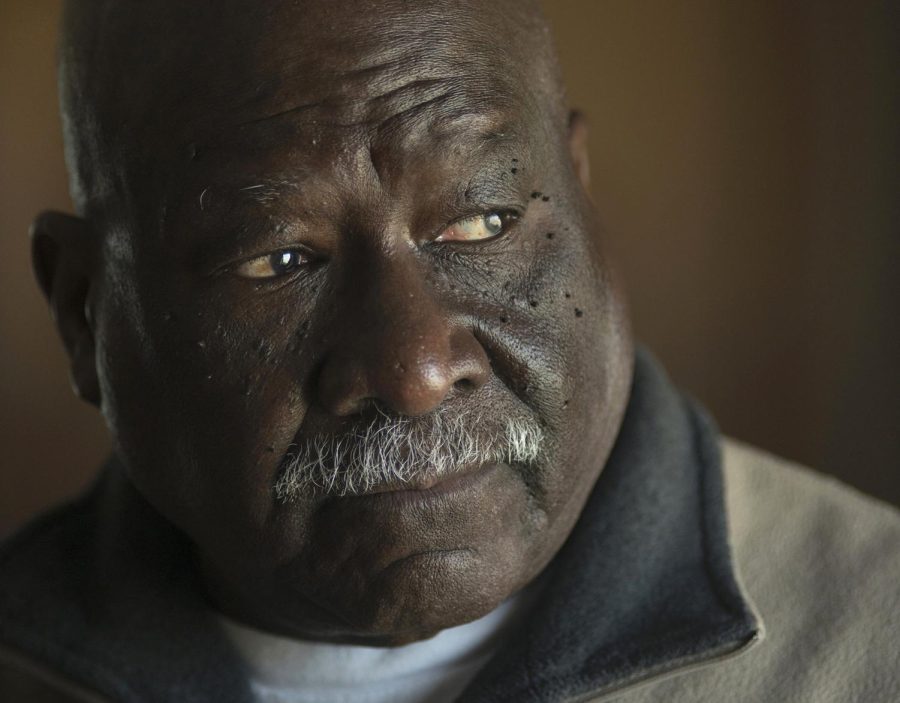The man who chauffeured Martin Luther King remembers him as a ‘true disciple of non-violence’
January 27, 2016
The man who, as a college student, drove Martin Luther King Jr. to a multitude of events of the civil rights movement in the ’60s, said students need to know more about the struggles, values and philosophy the civil rights leader lived by.
“One of the things that always interests me is how much young people do not know about King),” said Clarence Bozeman, who went on to become a teacher and high school principal in Cleveland and now lives in Independence, Ohio. “They don’t know what his philosophy was (or) his value system, (and) they are unfamiliar with his life in terms of the struggles that he had to go through for them to be where they are today in American society.”
“They (young people) know he stood up and said ‘I have a dream,’ and they get the content of one’s character, etc. It (puts) a drag on my thinking when they have no idea what the civil rights movement was all about, the sacrifices that those heroes made in order for them to be where they are today.”
In order to understand King and his philosophy, Bozeman said, people need to understand the culture of the South in the ’60s.
“I lived in that culture,” Bozeman said. “It was a culture of strict segregation. You had separate facilities. It was a culture that was held together with hate and with violence, and here comes a man (King) who began to talk about solidarity, non-violence, and boycotting the fusses that prevented us from being a whole person.”
“He was a true disciple of non-violence and he, whenever we had any mass meetings at the local churches to determine our strategies, the first thing he would talk about is non-violence,” he said. “How we as students must conduct ourselves as we go to downtown Montgomery to demonstrate that we conduct ourselves with the utmost dignity.”
As a college student at Alabama State University, Bozeman did not know that he was standing on the threshold of history when he accepted the position to drive students and elderly citizens to the church where King was a pastor. After a few months, King requested that Bozeman be his driver.
Bozeman’s opinion of current racial injustice has been shaped by his experiences during the civil rights movement.
“(Injustices have) become a technique where it is more subtle than it has ever been in general,” Bozeman said. “When I was in the South, we knew what physical segregation was.”
Bozeman believes that until Americans acknowledge that there is a race problem in America and learn to understand the race and culture of other people, they’ll always have a race problem.
The the most important thing he learned from King, he said, was about forgiveness.
“He and I were riding alone, and he had just delivered an eloquent sermon on forgiveness,” Bozeman said. “And I asked him, ‘King, after all that you have been through, how can you talk of forgiveness as you did today? And he paused for a few seconds and said, ‘Mr. Bozeman, forgiveness is not always for the other fella.’ ”
Stephanie Martoccia is the diversity reporter for The Kent Stater. Contact her at [email protected].

























